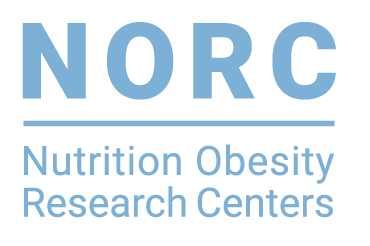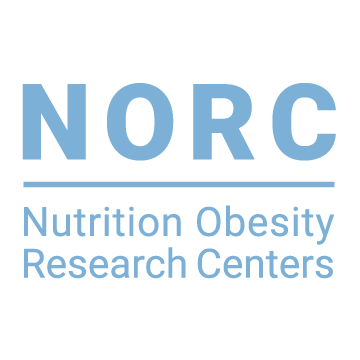Abstract
This study followed 52,682 women aged 46–71 years in the Nurses’ Health Study (in 1992–2000) and 52,587 women aged 29–46 years in the Nurses’ Health Study II (in 1993–2001). Body weight was self-reported, Health-related quality of life (HRQoL) was measured by the Medical Outcomes Study’s 36-Item Short Form Health Survey, and both were updated every 4 years. The relationship between changes in weight and HRQoL scores was evaluated at 4-year intervals by using a generalized linear regression model with multivariate adjustment for baseline age, ethnicity, menopausal status, and changes in comorbidities and lifestyle factors.
Key Findings
Weight gain of 15 lbs or more over a 4-year period was associated with 2.05-point lower (95% confidence interval: 2.14, 1.95) physical component scores, whereas weight loss of 15 lbs or more was associated with 0.89-point higher (95% confidence interval: 0.75, 1.03) physical component scores. Inverse associations were also found between weight change and physical function, role limitations due to physical problems, bodily pain, general health, and vitality. However, the relations of weight change with mental component scores, social functioning, mental health, and role limitations due to emotional problems were small.
Citation
- Pan A, Kawachi I, Luo N, Manson JE, Willett WC, Hu FB, Okereke OI. Changes in body weight and health-related quality of life: 2 cohorts of US women. Am J Epidemiol. 2014 Aug 1;180(3):254-62. PMID: 24966215; PMCID: PMC4108043.
Read More: American Journal of Epidemiology
Research Details
- Research Center: Boston
- Center Contribution: Author, Dr. Frank Hu, is a member of the Boston NORC Epidemiology and Genetics Core.

